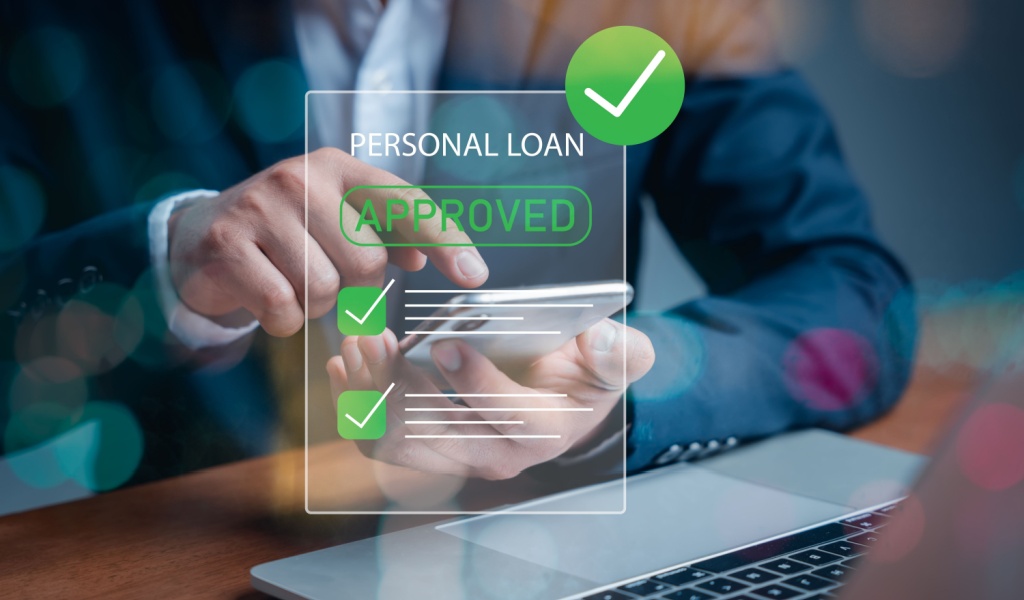You might have to consider taking out a loan if you’re disabled or applying for disability benefits. Fortunately, the Equal Credit Opportunity Act prohibits lenders from maltreating you simply because you receive public assistance for income. Unfortunately, it may be hard for some individuals with disabilities to meet the loan requirements, as they are required to prove their income and creditworthiness. However, borrowing money can sometimes limit your capability to receive assistance.
Let us study your options and any possible impacts they might have on your disability benefits to make the ideal choice given your situation.

What Is a Disability Loan?
There is no formal disability loan that exists. In general, several loans and circumstances are collectively referred to as “disability loans.” If your disability keeps you from employment, you are eligible to obtain a disability loan, which is a personal loan, to cover your necessities like bills, groceries, or house payments. Such loans cannot replace disability benefits; instead, they are best used as a short-term funding solution while you wait for the Social Security Administration (SSA) to process your application, which could take a while.
Different Types of Disability Loans
- Individual loans: These can differ in size and can be secured (supported by an asset such as a car or bank account) or unsecured (not connected to any assets the bank can seize if you default on the loan). Personal loans are available for any need.
- Mortgage: Often, disabled people can get assistance for buying a home via special programs. Veterans suffering from disabilities caused by injuries during their service may be eligible for a VA loan with the financing fee waived.
- Auto loans: Several lenders, including Bank of America, offer specific types of auto loans to purchase vehicles modified for those with disabilities.
How to Get a Disability Loan?
- Check your credit: Check for any errors on your credit record that can affect your loan eligibility.
- Look around for the best deals: Compare rates from multiple lenders, particularly those that will hold off on pulling your credit report until you are ready to apply.
- Seek assistance: Contact your region’s Department of Health and Human Services office to determine if you qualify for financial aid.
- Engage in special research programs: Special loan programs can help those with limited fixed incomes obtain the required finances.
- Hold off until you need the loan: Refrain from taking the loan out too soon, as this could risk your disability benefits.
- Apply for the loan: Upon loan application, your lender will advise you on the necessary paperwork.
Who Can Apply for a Disability Loan?
Whether you are eligible to apply for disability loans will depend on several factors, including:
- The kind of disability loan: Different restrictions are applied to mortgages, personal loans, auto loans, and several other loans required by disabled people.
- Special loan programs: Certain qualified disabled individuals can apply for special loan choices at reduced costs. However, each program may come with unique terms and conditions.
- Your lender: In general, loan requirements are determined by individual lenders. Certain lenders might specialize in working with disabled people, but most serve the general public.
Lenders will also evaluate you based on the same criteria they consider all the other applicants, unless you’re seeking a loan through a special loan program. These factors include your monthly income, credit score, monthly bills, monthly debt payments, co-borrowers or co-signers (if you are applying with it), or type and amount of collateral (if you require a secured loan).
Pros & Cons of Disability Loans
Pros
- You may be able to find inexpensive disability loans if you are lucky.
- It helps build credit if all payments are made on time.
- The ease of applying and getting approved for a loan online.
- The funds may be made available to you quickly.
- It helps you maintain your current lifestyle while awaiting a disability claim decision.
Cons
- Those with no or low income may not be eligible.
- You might be penalized if you fail to pay back your debt.
- You can be given a high-interest loan if you do not have a steady income.
- You may be ineligible for Supplemental Security Income (SSI) benefits if it exceeds means-testing limits.
Alternatives for Disability Loans
- Government aid: This involves welfare, SNAP, financial assistance, and unemployment benefits.
- Disability Insurance: If an injury keeps you from employment, this will pay a part of your income.
- Cash advances: Short-term loans such as these enable you to borrow the required money using your credit card.
- Workers’ compensation: Those who suffer from a sickness or injury at work are eligible for workers’ compensation.
- Loans from family or friends: You can consider a loan from a dependable friend or relative to help cover basic expenses.
Can I Get a Loan While I Wait for Disability Benefits Approved?
The disability benefits approval process might take up to five months. Therefore, some choose to take out loans to get by.
However, getting approved for a loan quickly can be challenging. A lender will evaluate your loan application based on your current potential to settle the debt rather than in five months. Moreover, you are unlikely to get a loan accepted if you are unemployed.




